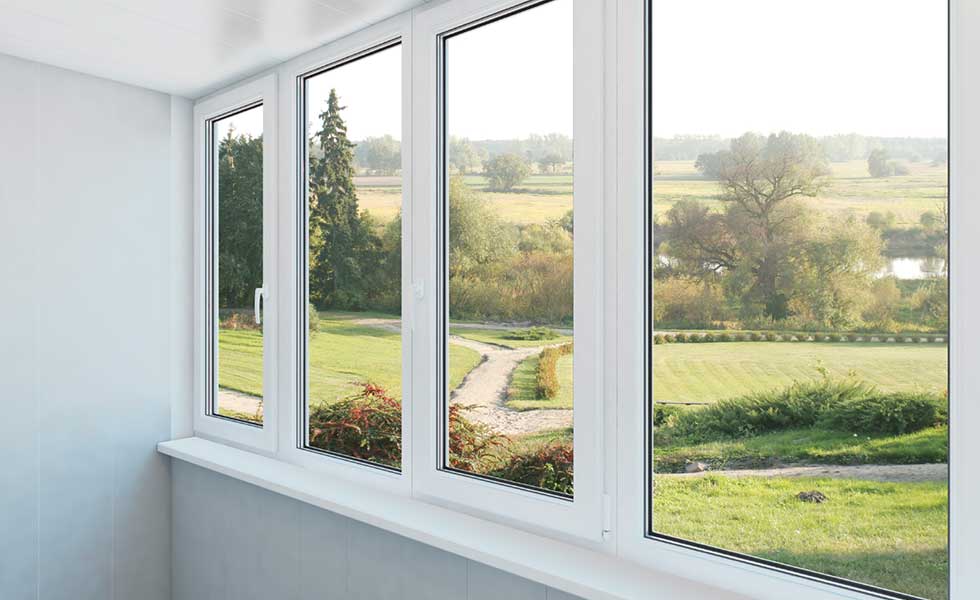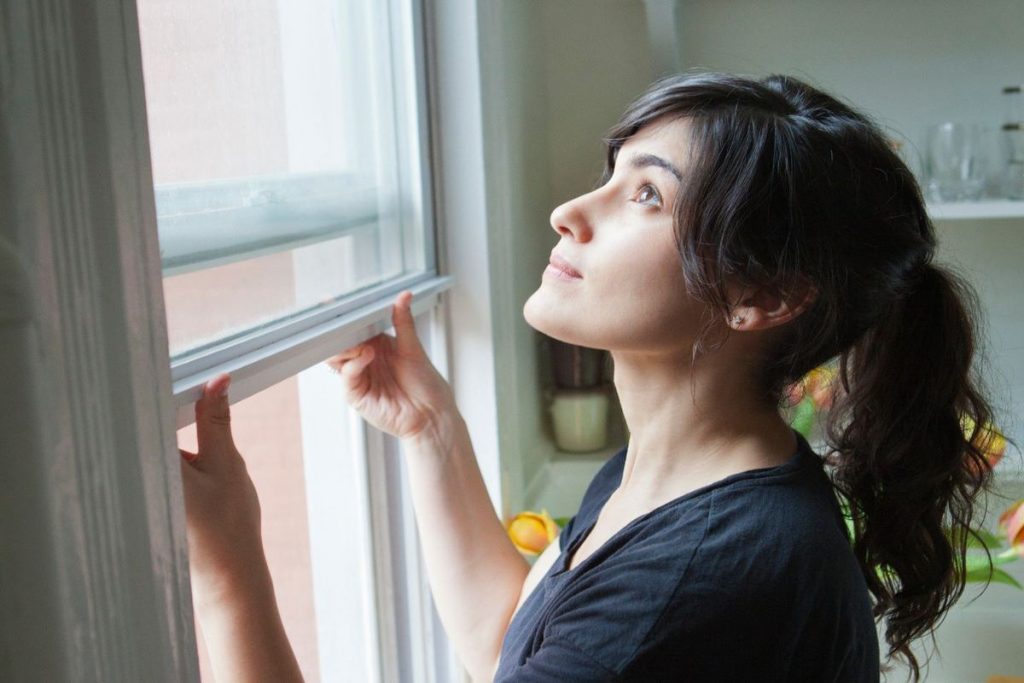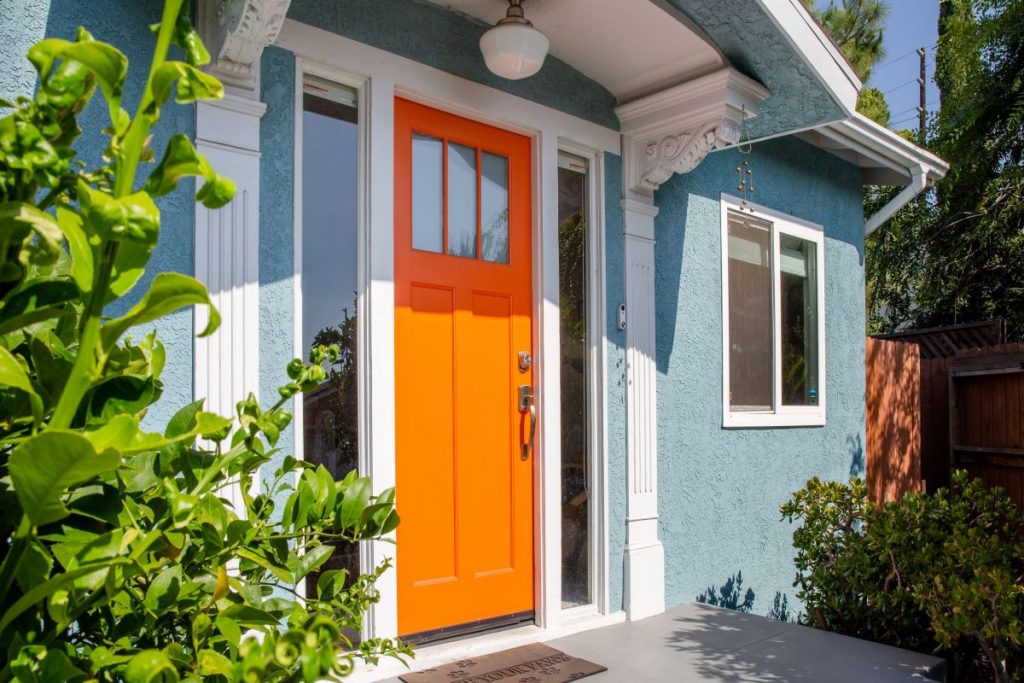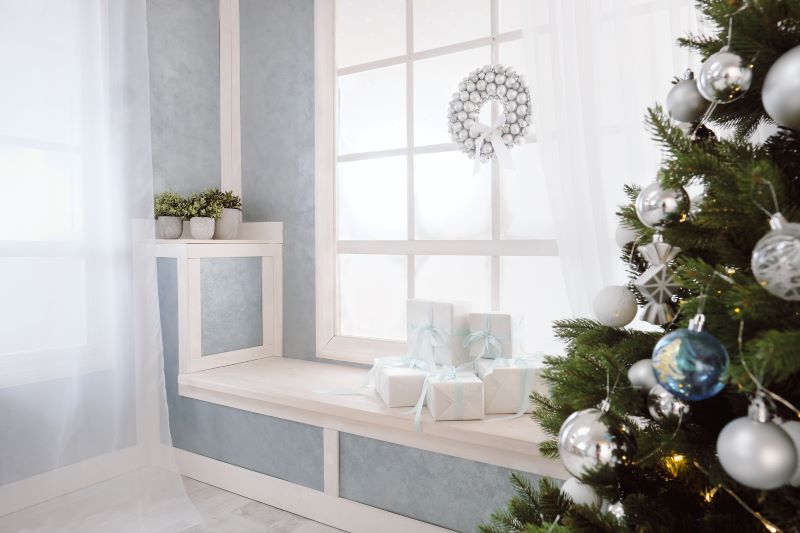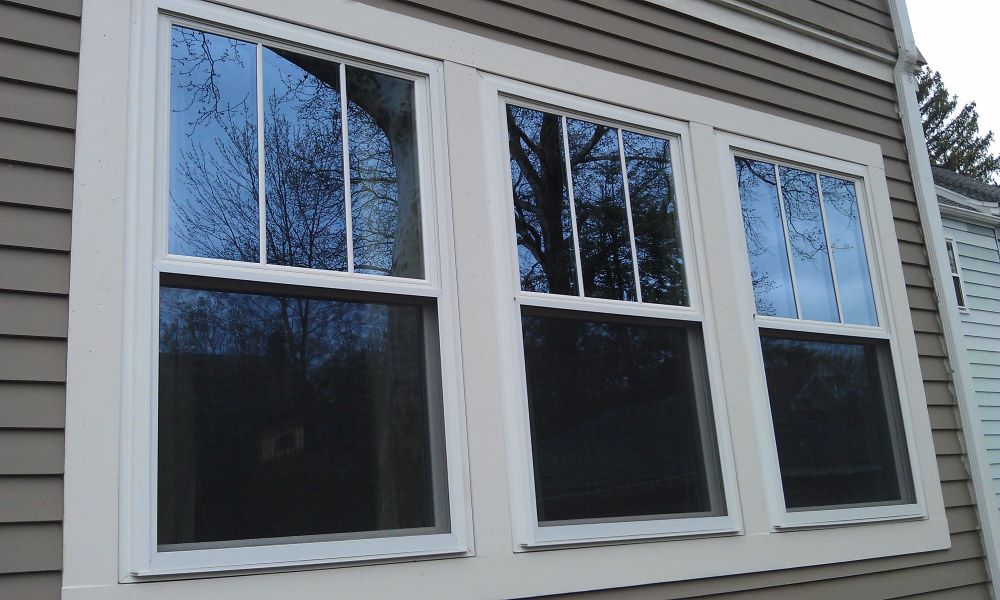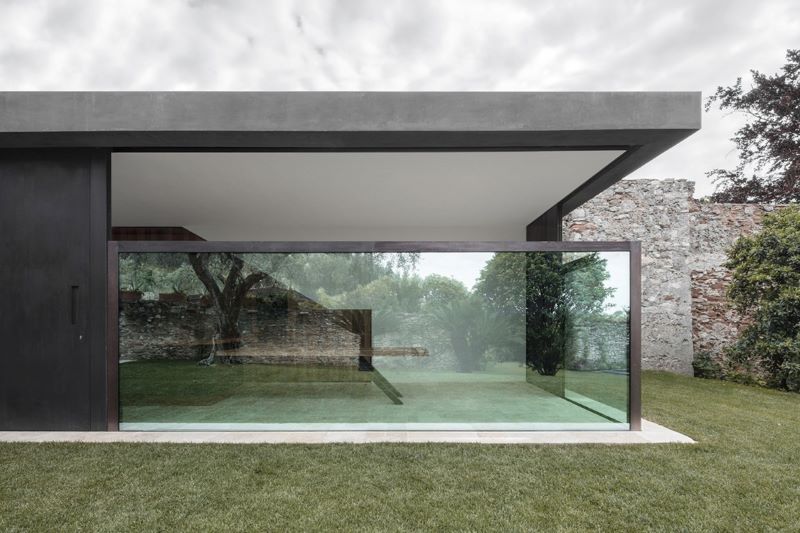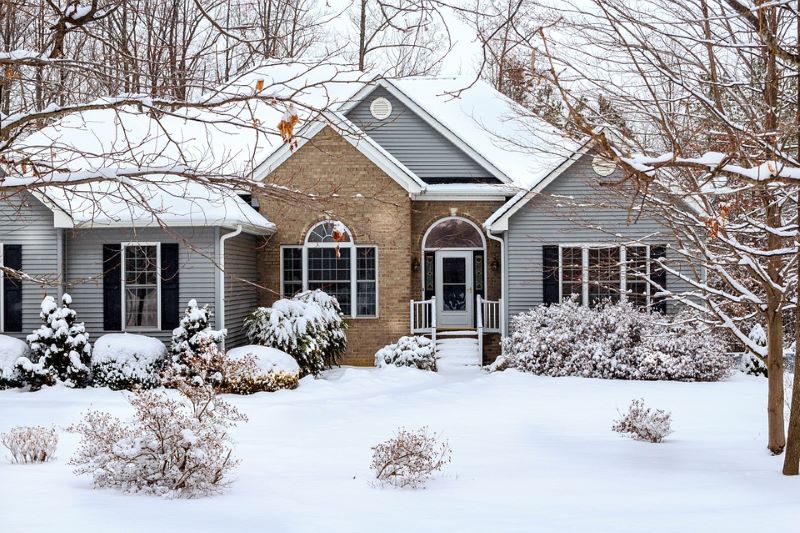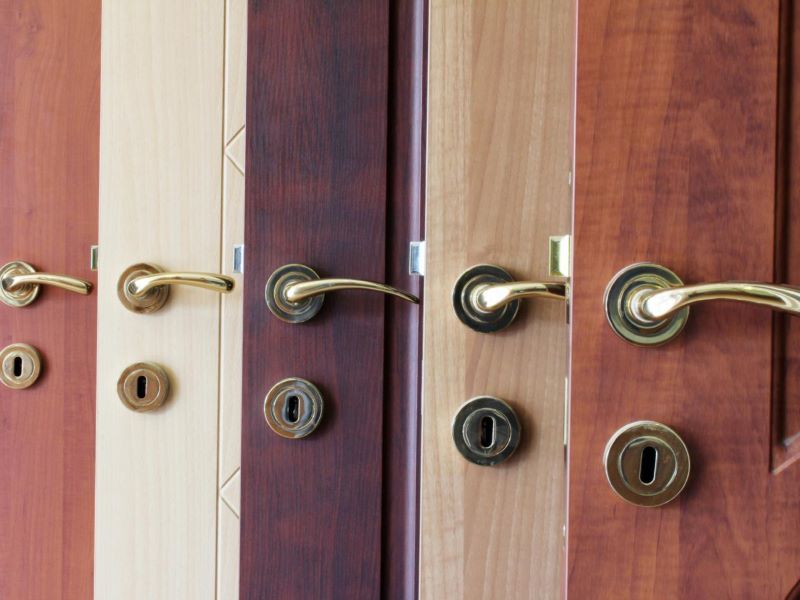Table of Contents
Double glazed windows are an increasingly attractive option for many homeowners and landlords. In a double glazed window unit, two panes of glass are inserted into a frame with a small gap between the panes. The airtight space between the panes is sealed off and filled with either air or an inert gas such as argon or xenon. A spacer bar is also installed between the panes, generally made of metallic or polymer substance. It completes the seal and serves a drying function as well. Spacer bars also have a drying substance in them that wicks away any moisture or wetness between the panes.
The panes in a double glazed IGU vary from 3 to 10 mm thick (1/8″ to 3/8″) and sometimes are a larger width when superior soundproofing or security is desired. The space in between double glazed panes generally ranges from 6 to 20 mm.
Double glazed insulated glass units
Double glazed insulated glass units (IGUs) are eco-friendly and translate to major energy savings. For a landlord, the installation of double glazed windows provide the option of raising rental rates and offering state-of-the-art windows that are optimal for heating and cooling needs. In terms of the homeowner’s perspective, double glazed windows are a practical and forward-thinking choice that offers years of comfort and savings.
Reduced heat loss
With double glazing, heat loss and heat gain are significantly reduced between the interior and exterior of a building. In addition to cutting down on leaks around the edge of the window pane and chilly draughts, the installation of double glazed windows means that air conditioning and heating units can be much more modest due to reduced needs. Double glazed keep the exterior heat out in summer, reducing the amount of indoor cooling needed, and they keep the heat trapped inside in winter and the cold season, reducing the amount of heat needed inside. Some estimates calculate that heating and air conditioning costs may be reduced by up to half with the installation of double glazed windows.
Low-emissivity glass (Low-E)
In addition to the inherent benefits of double glazing, there are options for the type of glass used in the IGUs that can increase the advantages even further. Low-emissivity glass (referred to as Low-E) raises the heat-retention properties of your windows even further, giving peace of mind and major energy savings another big boost.
Double glazed windows that open are generally locked with compression shoot bolt locks, although other options are available. Homeowners and landlords who are attracted to the energy savings and eco-friendly aspects of double glazed windows may also take note of several other big pluses. Double glazed windows cut down considerably on noise pollution and unwanted rackets outdoors, meaning you or your tenants can enjoy peace of mind without having to block your ears or drown out the noise. The human voice, for example, emits at a medium or high frequency depending on the person. Double glazed glass will considerably reduce this sound, or that of a lawnmower, and so forth. Double glazing IGUs can be made so there is an even larger space in between the panes to further boost its acoustic sound-proofing properties, however increasing the space too much can lead to loss of some heat retention benefits, so it is not recommended to change the gap very significantly.
Window draughts and heat transfer
In a single pane, window draughts and heat transfer between exterior and interior are common. Condensation and resulting mold and funguses occur quite often when chilly air outside pushes up against hot air from inside or vice versa. Double glazing and the spacer bar in between the IGUs means much-increased dryness. This, in turn, means that condensation is vastly reduced – stopping mold and fungus in their tracks. Instead of pesky mold buildup, you can enjoy clean, dry windows that do their job.
Sometimes there’s even an ice layer that can build up in winter, rocketing heating costs back up and rotting wood around the window. Double glazing cuts down on this bothersome condensation issue and the resulting mold and other problems that can occur as a result of it. This means big energy savings and the elimination of a major cleaning headache.
Eco-friendly
The environmental benefits of double glazing are also worth considering as green building practices become more and more prevalent. In addition to savings on your energy bills and units, double glazing greatly reduces a building’s carbon footprint. With double glazing you are doing your part to cut back on greenhouse gas emissions and slow the advance of harmful climate change. Various state governments also offer rebates and tax incentives for installing double glazed windows, which are worth looking into.
Security
Another aspect of double glazed windows that’s notable is the increased home security they can provide. Double glazed windows are a lot more difficult to smash and their interlocking system acts as a support for the internal beading and hinge mechanisms of the window. Additionally, laminated or toughened glass can be used (at an increased cost) for double glazed windows, making them break-resistant and incredibly tough for any burglar to smash or pry.
Noise reduction
Another big plus to double glazing is noise reduction. Sound insulation is significantly increased by choosing double glazing over single. Noise like the human voice which is medium to high frequency is considerably lessened from outside to inside. The gap between the double panes can also be enlarged to further reduce noise pollution. It is recommended that this space is not increased too much, however, in order to avoid a resulting loss of heat retention.
Double glazed windows will let the sunlight through just as brightly as a single pane system, but they also cut down significantly on UV rays while retaining that natural incoming heat nice and cozy inside the room. UV rays can fade furnishings, artwork, and the home interior and they can also have a potentially negative impact on personal health.
New homes are increasingly installed with double glazed windows, but it may also be worth considering retrofitting existing or older buildings and homes with double glazed windows due to the many advantages they offer.
